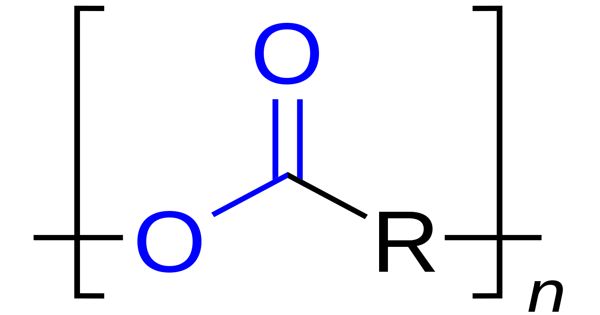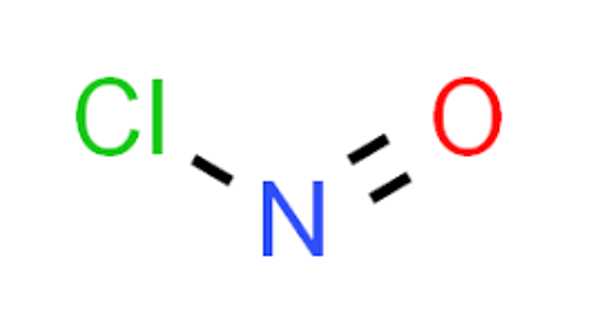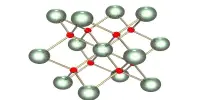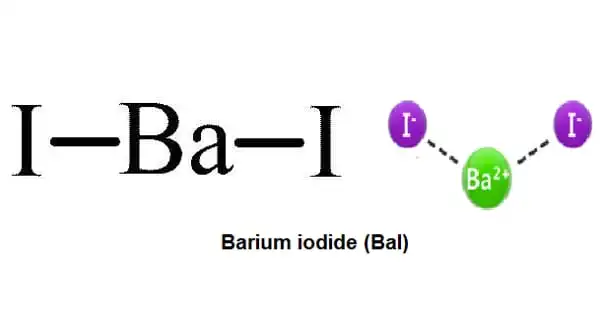Polyester is a synthetic fabric that’s usually derived from petroleum. It is a category of polymers that contain the ester functional group in every repeat unit of their main chain. As a specific material, it most commonly refers to a type called polyethylene terephthalate (PET). This fabric is one of the world’s most popular textiles, and it is used in thousands of different consumer and industrial applications. The use of polyester in apparel reduces production costs, but it also decreases the comfortability of apparel.
Polyester is a generalized term for any fabric or textile, which is made using polyester yarns or fibers.
Chemically, polyester is a polymer primarily composed of compounds within the ester functional group. Polyesters include naturally occurring chemicals, such as in the cutin of plant cuticles, as well as synthetics such as polybutyrate. Most synthetic and some plant-based polyester fibers are made from ethylene, which is a constituent of petroleum that can also be derived from other sources. Natural polyesters and a few synthetic ones are biodegradable, but most synthetic polyesters are not. While some forms of polyester are biodegradable, most of them are not, and polyester production and use contribute to pollution around the world. The material is used extensively in clothing. Polyester fabric is highly resistant to environmental conditions, which makes it ideal for long-term use in outdoor applications.
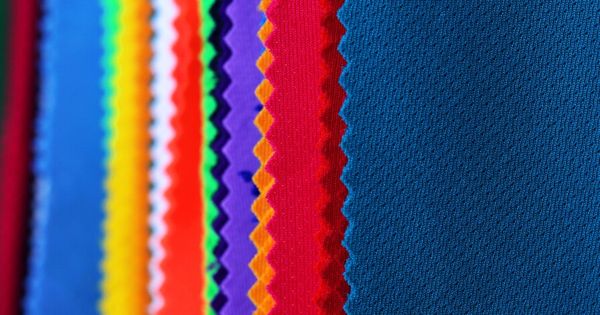
Polyester fibers are sometimes spun together with natural fibers to produce a cloth with blended properties. It is a shortened name for a synthetic, man-made polymer, which, as a specific material, is most commonly referred to as a type called polyethylene terephthalate (PET). Cotton-polyester blends can be strong, wrinkle- and tear-resistant, and reduce shrinking.
Common characteristics –
- Polyester is very durable and is resistant to many chemicals
- This is a popular fabric in the fashion industry, as it is resistant to shrinking and stretching.
- The fibers used to create Polyester are very strong yet lightweight
- It retains its shape very well
- It is a quick-drying fabric, so a popular choice for outdoors clothing
Polyester is derived from a chemical reaction involving petroleum, air, and water. This artificial fiber is comprised of purified terephthalic acid (PTA) and monotheluene glycol (MEG). Synthetic fibers using polyester have high water, wind, and environmental resistance compared to plant-derived fibers. They are less fire-resistant and can melt when ignited.
Polyester is thermoplastic, meaning it can be melted and reformed. Liquid crystalline polyesters are among the first industrially used liquid crystal polymers. They are used for their mechanical properties and heat-resistance. It is used in the manufacture of many products, including clothing, home furnishings, industrial fabrics, computer and recording tapes, and electrical insulation. These traits are also important in their application as an abradable seal in jet engines.
Information ource:
